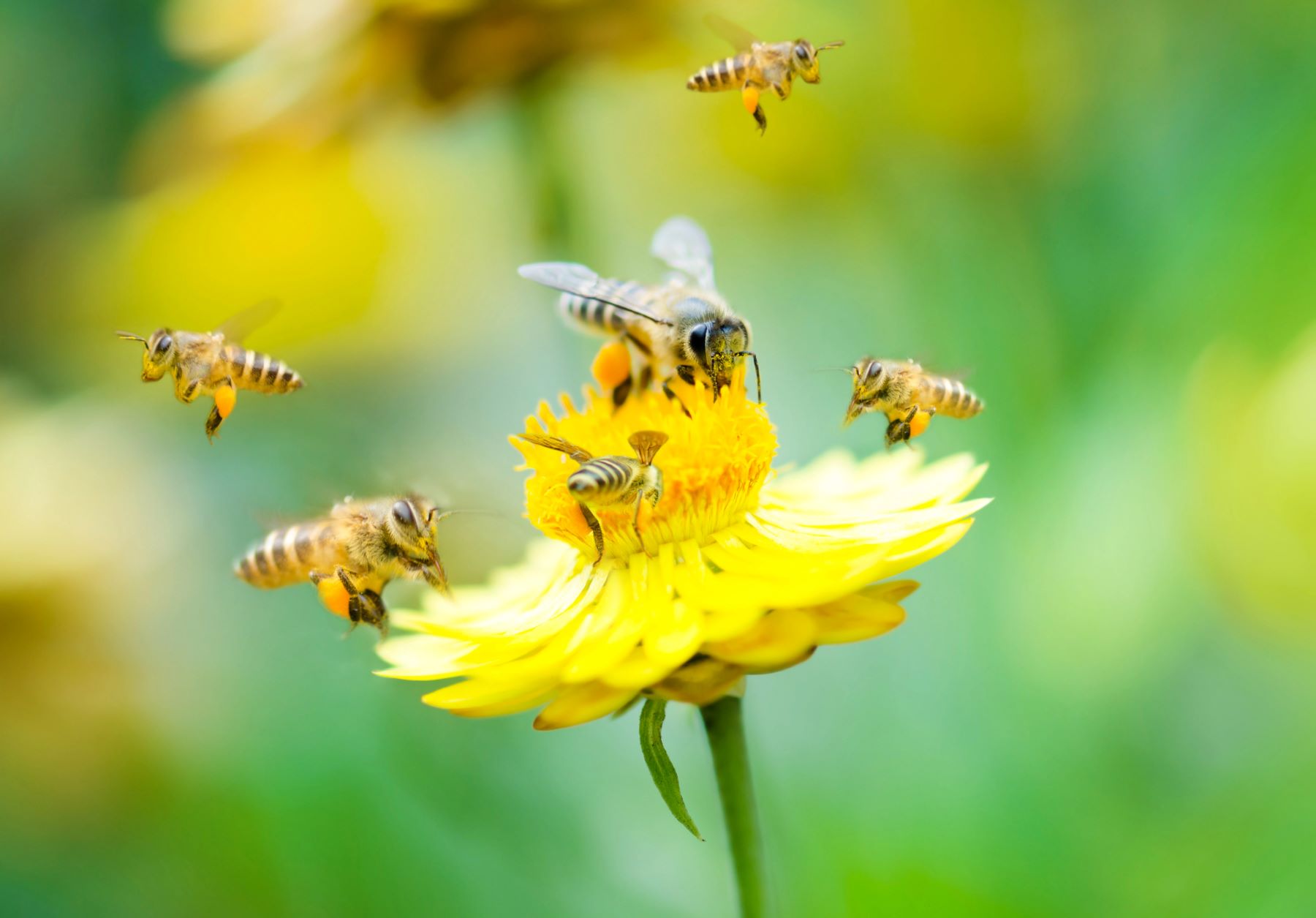The RestPoll project focuses on implementing simpler practices to improve the processes of the pollination and help the insects that naturally perform this activitywhich is crucial for agriculture.
Bees, butterflies or hoverflies are some of the groups of pollinating insects. This is critical to agriculture, as these tiny organisms travel from flower to flower to feed and in return help plants reproduce and produce fruits and seeds. Despite their importance, the increase in monocultures, intensive use of pesticides and climate change, among other things, endanger their survival and are the cause of the worrying decline of these insects in Europe.
To reverse this situation, the European project RestPoll was born, which aims to implement and evaluate simple practices that benefit pollinator communities in different types of habitats, such as agricultural areas, vineyards and pastures. To do this, several case studies have been launched in 16 European countries, where habitats will be restored at field, farm, landscape and regional scales. Moreover, all actions will be carried out in a network with all actors involved, including the scientific community, whether in ecology, agriculture or sociology, but also farmers, managers and political actors.

The project, which started in 2024, is led by the University of Freiburg in Germany and involves 24 European entities, including CREAF and IRTA, which are leading the pilot activities in Catalonia.
Living labs in apple fields
In the case of Catalonia, the research groups CREAF and IRTA focus on apple tree cultivation, where several restorative practices developed together with farmers have already been put into use. “It’s like working in an outdoor laboratory”, explains Roquer.

Some examples include: planting flower bands at edges and between rows of trees, which provide food and shelter for pollinating insects and connect habitats so they can move; create ‘bee hotels’, spaces where solitary bees and wasps can nest and may be established in the fields year after year; and optimizing or reducing the use of pesticides to reduce insect mortality.
“We also try to promote and conserve the native plants that are naturally present in the fields, for example rocket (Eruca sativa), calendula (Calendula arvensis) or dandelion (Diplotaxis erucoides); reduce the number of mowings and use alternative machines that do not damage the field’s flower resources,” adds Roquer. All these measures have been designed in collaboration with the farmers and adapted to the specific situation of each field. “The message we want to convey to them is that simple measures can greatly benefit pollinators” notes Roquer.
To date, 18 farms spread across the fruit growing area of Lleida (12) and Girona (6) have joined the project, half of which will implement remedial measures and the other half will continue with usual practices. out. . This way it will be possible to do this when the project ends in 2028 compare results from restored plots to plots where no action was taken“In this way we will observe how pollinator populations have changed and what their effects are on the production and quality of the fruit,” Roquer explains.
Critical situation of pollinators in Catalonia
According to him first report on pollinators carried out in CataloniaIn this region there has been a 70% increase in the populations of butterfly species, of which 45 diurnal species are endangered, 12 of which are already “in danger of extinction”, 32 are “vulnerable” and one is “extinct as a species ” is. breeder.”
The report points out the loss and fragmentation of natural habitatsThe intensification of agriculture, urbanization, the closure of forest clearings and climate change are the main causes. “That is why we are going one step further with the RestPoll project to reverse this situation,” concludes Roquer.
The Pollination is an activity that is essential for livelihoods of plants and the creatures that live with them in ecosystems and for people. The RestPoll project could provide functional, practical and versatile solutions to the problem of pollinator decline.

